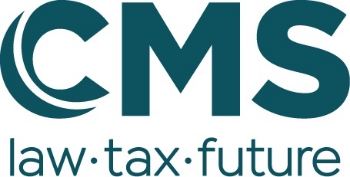The Shanghai Intellectual Property Court has officially recruited 11 patent and technology specialists as technical investigators. These technical investigators will gradually become involved in the litigation process for intellectual property infringement cases following the establishment of the intellectual property courts in Beijing, Shanghai and Guangzhou at the end of 2014.
The PRC courts often rely on technical analysis by third party experts to assist in intellectual property cases due to lack of expertise in certain fields. Traditionally, experts are either appointed by the court or hired by the parties by mutual consent. The court then considers the expert’s analysis alongside other elements of the case when coming to a decision.
The PRC courts have begun to hire technical investigators with scientific backgrounds as court staff, to assist them in resolving specific technical issues. Therefore, the courts may now have sufficient capabilities to allow them to come to decisions without the need for further analysis by outside experts.
Unlike the role in some European jurisdictions, technical investigators in the PRC do not adjudicate the case and have no right to decide the ultimate result. The opinion of the technical investigator may or may not be adopted by the court. However, the technical investigator may take all necessary means when preparing the report, including looking into the case materials and participating in investigating evidence, to reach a conclusion. At the discretion of the court, the technical investigator may question the parties and they must answer questions raised by the court during the hearing. The same standards apply to the technical investigators as other judicial officers; the technical investigator may withdraw from the case, and a party also has the right to request for their withdrawal from the case, should the technical investigator have a conflict of interest.
The technical investigators will assist the intellectual property courts, which are dedicated to adjudicating cases involving matters such as patents, new plant varieties, layout-design of integrated circuits, trade secrets and software infringements. The use of technical investigators is expected to improve the efficiency and quality of court work and reduce the cost of litigation for the parties.





